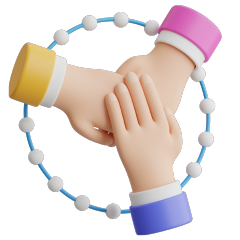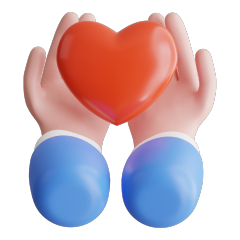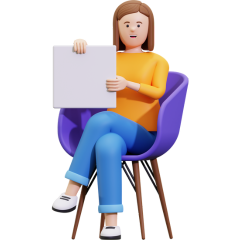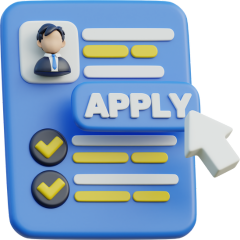What is an acquired brain injury?
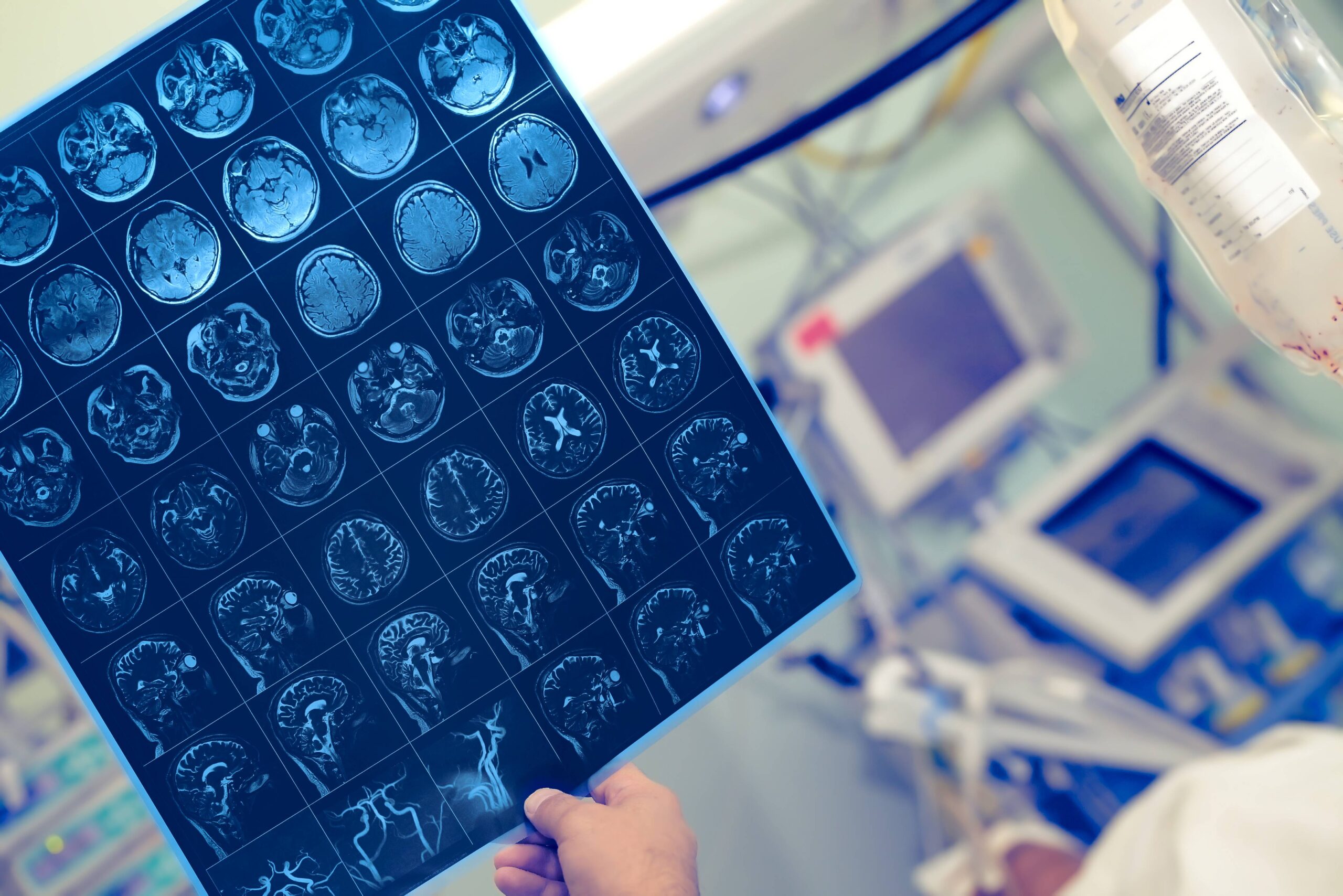
Disabilities related to ABI tend to be complex as people with an ABI experience challenges to the way they think, learn and react to other people.
Acquired brain injury or ABI refers to any damage to the brain that occurs after birth, rather than as part of a genetic or congenital disorder. This is different from an intellectual disability or mental illness.
One in 45 Australians live with a brain injury, and as many as 2 out of 3 acquired their brain injury before the age of 25. The largest age group of people with an ABI is between 40 and 49.
Let’s find out more about acquired brain injury.
Causes
If this type of brain injury is ‘acquired’ after birth, what causes ABI?
- Trauma or injury to the head (sometimes called a TBI or traumatic brain injury, which is a form of ABI) – for example, due to a car accident or a fall
- Lack of oxygen – for example, during a near-drowning
- Stroke
- Drugs or alcohol
- Infection
- Tumours
- Degenerative neurological diseases, such as Parkinson’s or dementia
Symptoms and Effects
How an individual is affected by an acquired brain injury depends on the severity of the ABI. Some are able to make a good physical recovery, while others deal with lifelong problems that require 24/7 support.
People with an ABI may experience:
- Increased physical and mental fatigue
- Problems with memory
- Trouble concentrating or paying attention
- Poor balance
- Changes in sleep patterns
- Mood swings
- Changes in personality
- Confusion
Diagnosis and treatment
People with a suspected ABI will undergo a range of tests, including a brain scan, so doctors can pinpoint the area and extent of brain damage.
Treatment would depend on the severity of the damage and is unique for each person. It may involve surgery and will likely require rehabilitation.
Rehabilitation is goal-directed and begins in the hospital until the individual moves to the home or alternative accommodation. Rehabilitation takes time. Support for recovery should be provided as long as needed for the person to become as independent as they possibly can.
Caring for a person with an acquired brain injury
Whilst living with an ABI is challenging, it can be equally challenging to care for a person with this type of injury. It will help if family members and caregivers can find accurate information about the effects of ABI and find support themselves for their own wellbeing.
Synapse has information for family and carers, including this fact sheet about coping with “ambiguous loss”, which occurs when there is no resolution for the grief family members feel about a loved one’s injury and sudden disability.
To quote Synapse,
The impact of a brain injury has been likened to throwing a pebble in a pond. The ripple effect expands to partners, friends, family, carers, work colleagues and the wider community. There will be changes in relationships and altered social networks for both the person and their family.Synapse, “The Importance of Family after a Brain Injury”
This may be too much for just one person or one family to carry. You may apply for NDIS funding, if deemed eligible, so your loved one can receive professional support.

If you or someone you know have been approved for NDIS support, contact us now and we’ll find the right carer and accommodation for you.
For more information, please visit
